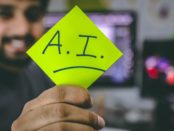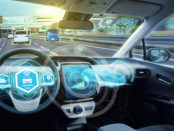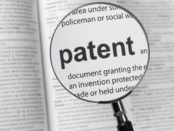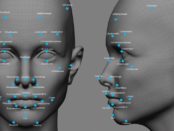Artificial Intelligence is Exploding but Governance of the Technology Lags Miserably Behind
In both the government and private sectors, technology using artificial intelligence (AI) is everywhere. It has been incorporated across a variety of industries and has become an essential part of daily life for many. AI has an immensely powerful influence over people today; it influences many spending decisions people make, including travel, entertainment, personal purchases such as clothing, and food. While AI continues to advance rapidly in complexity, the same cannot be said for the [...]














